'Sky before screens' has made me a better cyclist - could it work for you?
Getting outside every morning, before turning to screens, can improve sleep - and therefore recovery - as well as mood
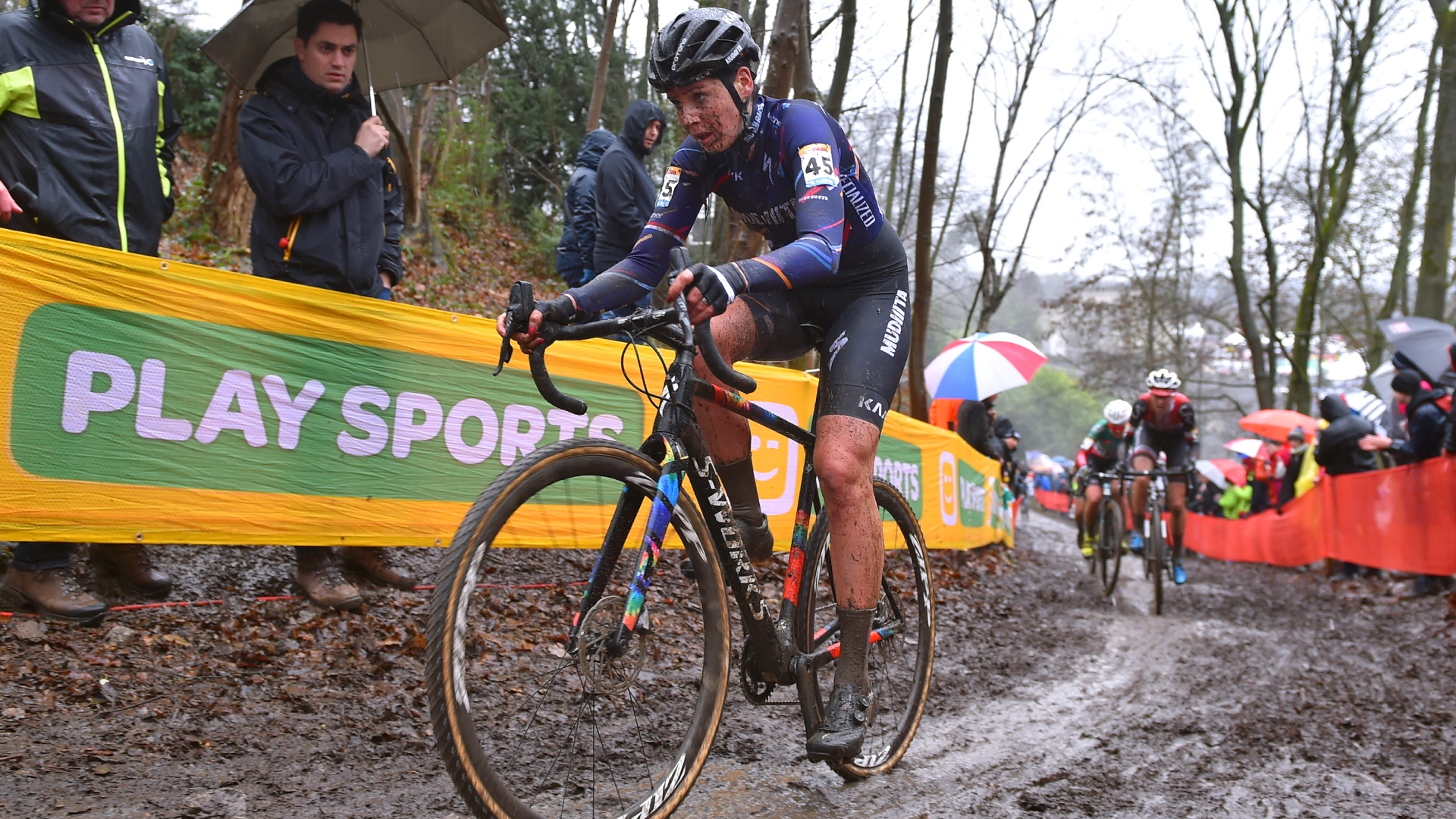
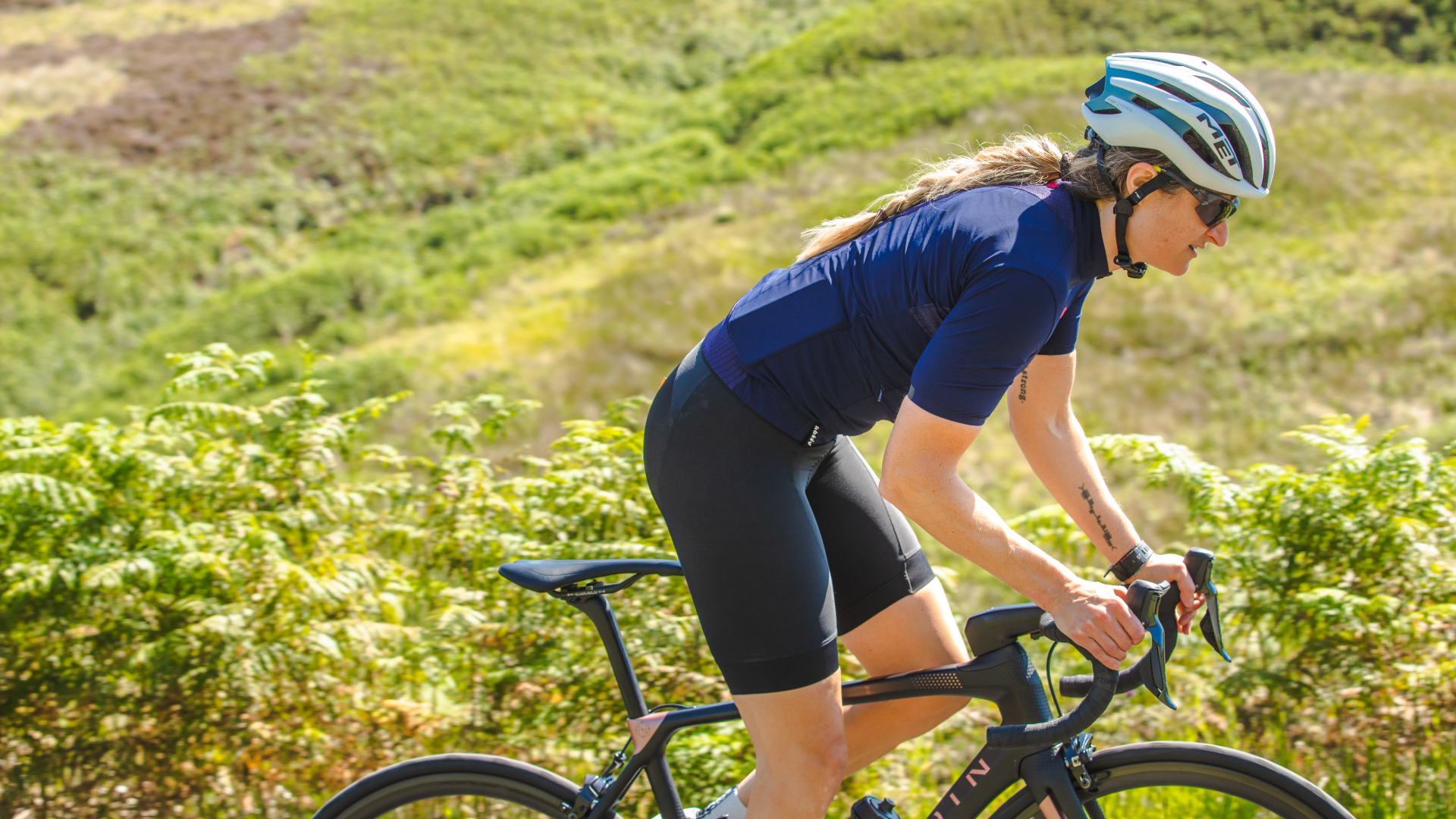
Most of us have busy lives, packing in cycling alongside work, family commitments and more - making 'quick wins' extremely inviting. But, do they work? In our weekly series we speak to cyclists of all kinds, to find out what one change they've made that's helped to make them a better bike rider - and ask - will it work for you?
Nikki Brammeier (née Harris) has 87 UCI Cyclocross podiums to her name, she attended 18 World Championships in four different cycling disciplines, and has been a six time UK National Champion in two different cycling disciplines and represented Great Britain at the Olympics and Commonwealth Games.
She spent fifteen years riding as a Professional Cyclist coaches riders and after retiring in 2019 set up Mudiiita coaching, which she runs with partner and husband Matt Brammeier. For her, 'sky before screens', has become the order of the day.
Just one small change - Sky before screens
"Staying off my phone as much as possible helps everything," says Brammeier, before explaining a little more.
"There’s a fair bit of research about how great it is to get that first light in you first thing when you wake up. It helps with circadian rhythm, mood, sleep quality and a whole lot more.
"The theory is that when you wake up you want to get sunlight in you as soon as you can. Your body is wired to see sunlight in the morning. So even on a cloudy day, it just has to be bright light."
Asking how she manages to achieve this daily practice amidst a hectic life of a coach, rider (who placed a highly respectable fifth place at the 2024 British National Championships), a World qualifying Hyrox athlete and mum of two under fives she says "I usually take a walk and stand outside my back door for a few minutes.
Get The Leadout Newsletter
The latest race content, interviews, features, reviews and expert buying guides, direct to your inbox!
"The longer the better, but even just a couple of minutes is beneficial and better than nothing!
"I’ve found it pretty helpful and just think it sets me up for the day. A nice little routine I’ve got in to that seems to make a big difference.
"I find that if I can carve out that time in the morning for a clear and calm start, everything else seems to flow and that has a huge impact on me riding at my best."

Sleep Scientist Christine Blume
The expert's view
To understand exactly why Brammeier feels better for seeing the natural light in the morning - before she starts upon the tasks of the day - I spoke to Christine Blume, a sleep scientist based at the Centre for Chronobiology of the University of Basel and its Psychiatric Hospital (UPK) based in Switzerland.
"We often talk about routines in the evening and can be night focused when it comes to thinking about help with sleep, but actually the morning routine can be just as important," Blume tells me.
"Sleep and wakefulness are two sides of the same coin,” states Blume. “Morning light will not only help with a better mood in the day, due to its natural anti-depressant effect on us, but may also help with better sleep at night."
Anything that improves mood, and aids the vital rest and recovery brought on by good sleep will no doubt have a tangible benefit on performance.
"There are actually two positive aspects to the ‘sky before screen’ analogy," Blume tells me. "The first is psychological" she says, "we all have busy lives and building in this routine can help protect time for yourself.
"Some people will try and find this with a grooming routine, but actually for most people it’s rare to have uninterrupted bathroom time. By taking yourself outside and getting out of the way of everyone in the house, it’s harder to find you," Blume laughs "so you’ll actually have more chance of getting this precious ‘you time’".
Sky before screen - How it works
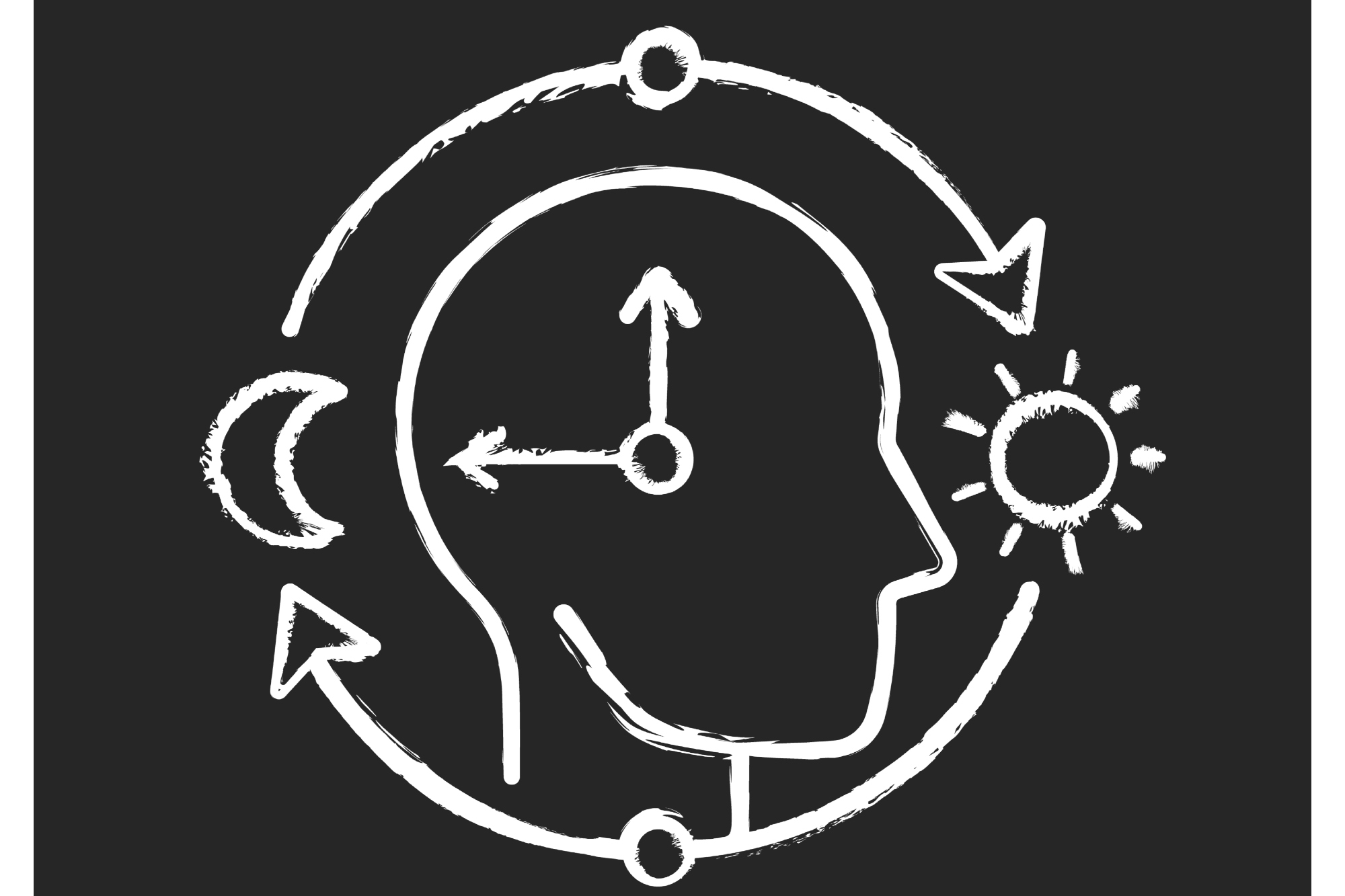
Blume tells me more about the science behind the statement. It turns out it's our eyes that are key to how it all works . "There is a direct anatomical link between our retinas and biological clock" she says, before drilling down into more detail.
"We have receptors in our retinas that are not designed to help us see, but inform our Circadian rhythm, which is performed exclusively through the eyes
"However, it’s important to note that the effect of morning light isn’t a long lasting one” warns Blume, adding “It will be gone sooner than later. This is how we adjust to timezone changes relatively swiftly.
"If you want it to have a positive effect on your life, you do need to build it into your routine, just without being too strict as to exactly when, where and how you let the light in."
However, it soon becomes clear that there’s actually a lot of scientific evidence behind why nipping out the back door in the morning is good for us.
"Your biological clock is most sensitive to light at the beginning and end of the day," Blume informs me. "Light is the anchor for your day. In the morning, light will slightly speed up your biological clock.
"So the more light you have in the day the earlier you get tired and the more tired you will feel by the evening, helping you get a deeper and better quality sleep at night.
"However the opposite is true for light at night, light might delay the clock, making it harder to slow down and is likely to delay the onset of sleep," she notes.
But what if it's just - well - not very sunny? A condition common in the UK, where Brammeier lives.
"Being outside, even on an overcast day, will still have the same effect." Blume reassures me, as someone living in the northern hemisphere, in the North West of England a cloudy day is more likely than not.
"Physical activities outside will help," Blume confirms "but it doesn’t have to be exhausting, or be for hours" - again, this is hugely reassuring as a time-tight working parent whose 'off-for-a-four-hour-bike-ride' ship sailed a long time ago.
So far so good, I can see Brammeier is clearly on to something that we can all adopt easily, but there’s a rather big elephant in the room. What if, like me, your day starts before the sun rises? Is my biological clock doomed? I nervously raise the question with Blume, fearful that I’m about to be told to drastically change my lifestyle.
Blume immediately alleviates my fear.
"If your day starts before the light, don’t worry" she says encouragingly, before adding "don’t get too strict with a routine, as this may become too stressful and that’s exactly what we’re trying to avoid right"?
"Adding any light to your schedule is beneficial,'' Blume adds pragmatically “You could take a break at 9:30 and take your coffee outside for 10 minutes, or bike to work, jump off the bus at a stop early and walk the rest of the way.
"The more light the better, but realistically some days are easier than others, especially when the sun rises late, or it’s raining heavily.
"Some people who suffer from seasonal affective disorder (SAD) will benefit from accessing a therapy lamp, so that might be something to consider.
"But sunlight is free, and even on cloudy days it will be way more intense than any lamp, and if you can’t go outside, find a big window to sit next too, anything is better than nothing," Blume concludes.
Our View
'Sky before screen' is swiftly becoming my own mantra. Interestingly, before Brammeier proposed adopting this small change, I had unknowingly already begun to carve this early morning time outside into my weekends, finding that creeping out on the the balcony as the sun rises with a coffee before anyone else is up makes me feel so good. Knowing the science behind the 'why' is fascinating.
As someone who heads to the gym or starts work way before daybreak, knowing that it's about just getting the light in, and not being too strict as to a set time of day, was reassuring, too.

Thank you for reading 20 articles this month* Join now for unlimited access
Enjoy your first month for just £1 / $1 / €1
*Read 5 free articles per month without a subscription

Join now for unlimited access
Try first month for just £1 / $1 / €1
Hannah is Cycling Weekly’s longest-serving tech writer, having started with the magazine back in 2011. She has covered all things technical for both print and digital over multiple seasons representing CW at spring Classics, and Grand Tours and all races in between.
Hannah was a successful road and track racer herself, competing in UCI races all over Europe as well as in China, Pakistan and New Zealand.
For fun, she's ridden LEJOG unaided, a lap of Majorca in a day, won a 24-hour mountain bike race and tackled famous mountain passes in the French Alps, Pyrenees, Dolomites and Himalayas.
She lives just outside the Peak District National Park near Manchester UK with her partner, daughter and a small but beautifully formed bike collection.
-
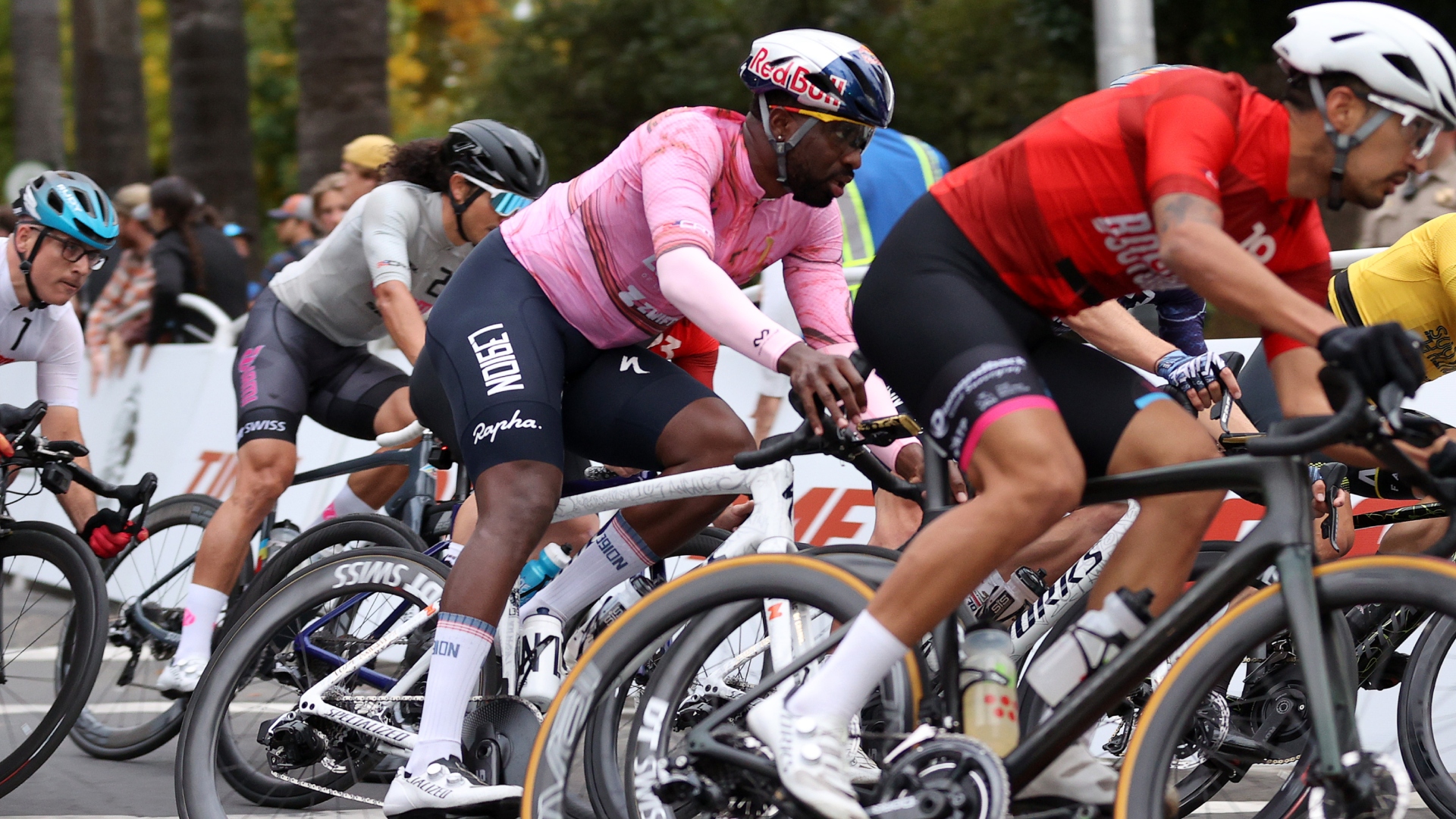 Can you make a living as an American domestic road racer? A look inside the part-time professionalism of the American road peloton
Can you make a living as an American domestic road racer? A look inside the part-time professionalism of the American road pelotonAfter decades of booms and busts, the American road scene finds itself in a fragile place. We spoke to riders to understand the reality of chasing the dream on home soil
By Logan Jones-Wilkins
-
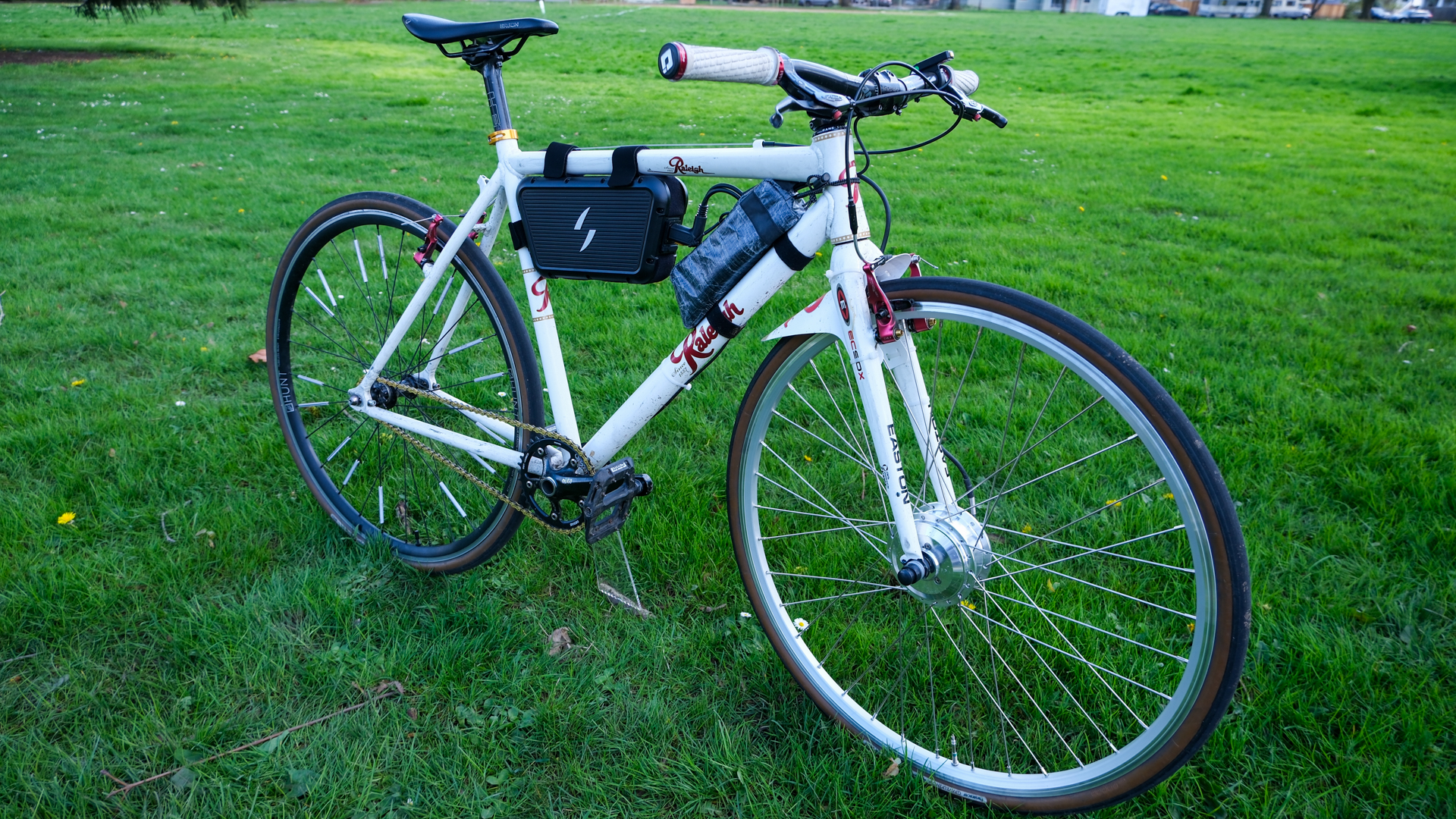 5 things I wish I’d known before reviewing the Swytch GO e-bike conversion kit
5 things I wish I’d known before reviewing the Swytch GO e-bike conversion kitSwytch offers an effective, albeit untidy, workaround for e–bike–curious riders. But as prices drop on full e-bikes, its value proposition may be fading
By Anne-Marije Rook